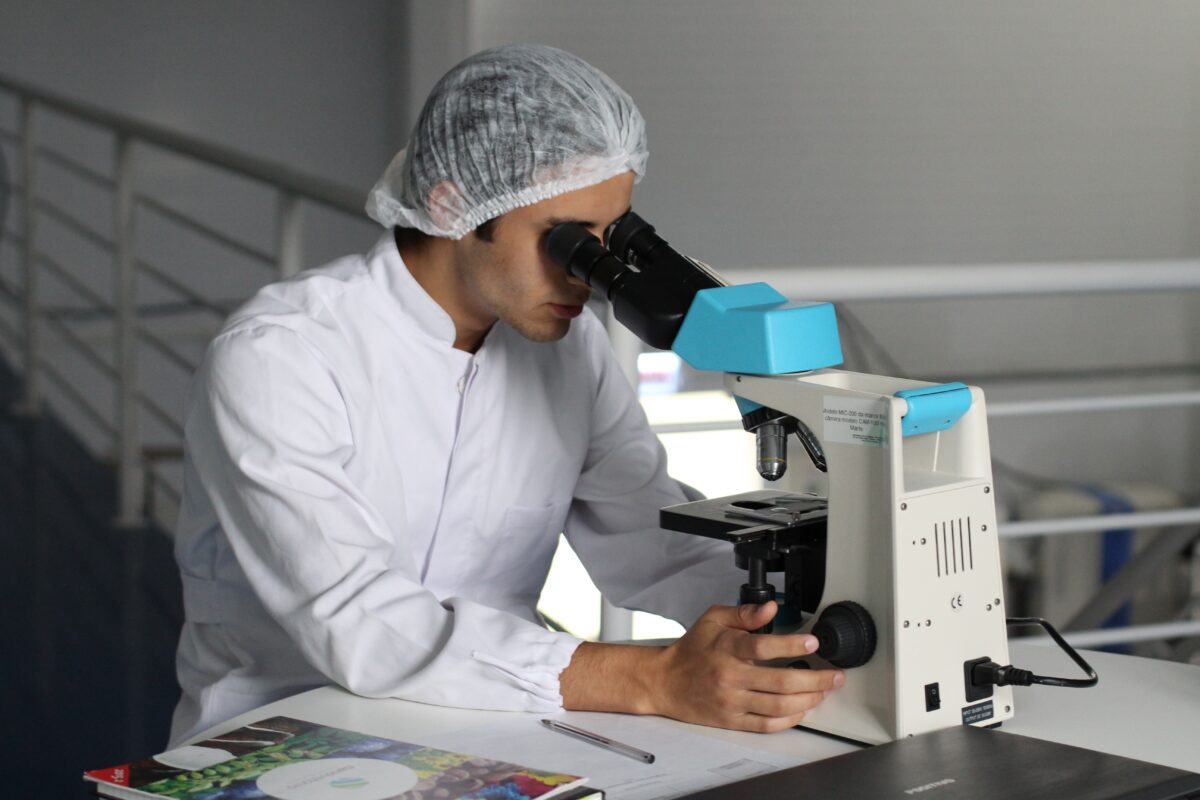Biologic therapy, often referred to as biological therapy, is a term that has gained significant prominence in the field of healthcare and medicine. If you’ve stumbled upon these terms and are wondering what they mean, you’ve come to the right place.
Biologic therapy, or biological therapy, is a treatment modality that harnesses the body’s natural immune system to combat diseases such as cancer, autoimmune disorders, and other chronic conditions.
Unlike traditional therapies like chemotherapy and radiation, biologic therapy takes a more targeted and personalized approach to treatment. In this blog post, we’ll explore the world of biologic therapy, answering fundamental questions such as “What is biologic therapy?” and “What is biological therapy?”.
Moreover, you will also get to know about biological infusion therapy and which diseases can be treated through this. So, let’s continue to learn more:
What is Biologic Therapy?
Biologic therapy, also known as biological therapy, is a therapeutic approach that uses substances produced from living organisms, such as antibodies or genetically engineered proteins, to treat diseases.
These substances work by altering the body’s immune response, either by enhancing it to fight diseases or suppressing it to manage autoimmune disorders.
Biological Therapy vs. Traditional Treatments
It’s crucial to differentiate biologic therapy from conventional treatment methods. Traditional treatments often involve medications that act on the entire body, causing side effects that can be challenging to tolerate.
In contrast, biologic therapy is more precise and aims to target the root causes of diseases, minimizing side effects and improving treatment outcomes.
How Does Biologic Therapy Work?
Biologic therapy works through various mechanisms, depending on the specific condition being treated. For example, in cancer treatment, it can boost the immune system’s ability to recognize and destroy cancer cells. In autoimmune diseases, it can suppress the immune system to reduce inflammation and prevent damage to healthy tissues.
Diseases Which Can Be Treated with Biological Infusion Therapy
Biologic infusion therapy is a newly advanced treatment procedure to cure various chronic and auto-immune disease. These diseases include:
- Ankylosing Spondylitis
- Crohn’s disease
- Psoriasis
- Multiple sclerosis
- Rheumatoid arthritis
- Ulcerative Colitis
- Psoriatic arthritis
- Lupus
- Cancer
- Inflammatory bowel disease
The specificity and effectiveness of biologic therapy make it a promising option for patients with these conditions. These are some of the diseases which can be treated with biologic infusion therapy at the infusion therapy center.
Well, the biologics are different for treating every disease. Moreover, healthcare professionals must look after the patients after receiving the biologics.
In order to treat an illness, biologic medications target particular components of your immune system. Biologics can have a significant impact on psoriatic arthritis sufferers.
They can prevent joint injury, reduce inflammation in your body, and enhance your quality of life. However, these potent medications may potentially have detrimental side effects.
What are Biologic Drugs?
Human-made proteins known as biologic medications are engineered to specifically target immune system components that lead to inflammation. They originate from living things, such as humans or animals, or their byproducts.
Numerous illnesses, including cancer, psoriasis, rheumatoid arthritis (RA), and inflammatory bowel disorders including Crohn’s disease, can be treated using biologics. These medications are administered intravenously or as an iv shot.
Potential Benefits and Risks
Biologic therapy offers several advantages, including improved treatment response, reduced side effects, and better quality of life for patients. However, it’s not without risks, and potential side effects should be carefully monitored and managed by healthcare professionals.
Common Side Effects
Your medical history, the type of biologic medication you take, how long you take it for, and how your body reacts to it all affect your risk of experiencing adverse effects.
In a single study, 1,000 individuals received a biologic drug, while 1,000 received a placebo. A little over 724 people in the placebo group reported adverse effects, compared to 770 in the biologic group.
Additionally, the researchers discovered that 127 out of 1,000 recipients of a biologic experienced a significant adverse event, compared to 118 out of 1,000 recipients of a placebo.
How to Manage Side Effects
Many of the adverse effects of biologic medications can be controlled, if not prevented. You can manage these side effects very well through different strategies:
Maintaining proper hygiene might help you prevent infections if your immune system is compromised. To reduce your risk, wash your hands frequently, try to avoid crowded areas when you can, and avoid ill people.
Try using a cold compress, an antihistamine medication, a steroid cream, or acetaminophen to relieve any minor injection site reaction pain.
Your doctor may advise you to take an antihistamine, antiemetic, or anti-inflammatory medication prior to your treatment in order to avoid more severe side effects.
Biologic therapy, or biological therapy, represents a significant advancement in the field of healthcare and medicine. Its ability to harness the body’s own defenses to combat diseases holds great promise for the treatment of various conditions.
By answering the questions, “What is biologic therapy?” and “What is biological therapy?, we hope to have shed light on this innovative and targeted approach to medical treatment.
If you or a loved one is considering biologic therapy as a treatment option, it’s essential to consult with a healthcare provider to understand its suitability for your specific condition and discuss the potential benefits and risks.
Biologic therapy is just one of the many tools in the arsenal of modern medicine, and it is paving the way for more effective, personalized, and less invasive treatment options.
Contact Fuse Infusion for Biological Therapy
A new and advanced method of treating various chronic conditions, such as autoimmune disorders, is biologic infusions. While receiving an infusion may initially seem a little frightening, there are steps you can do to take the process simple.
One of the top infusion centers working in the United States is Fuse Infusion. For the treatment of various chronic diseases, we offer biologic infusion. The patient will return to their regular life after this treatment.
Our team members are highly qualified and experienced, and they will support you throughout your therapy. To learn more, contact us at 914 460 4891 right away!

